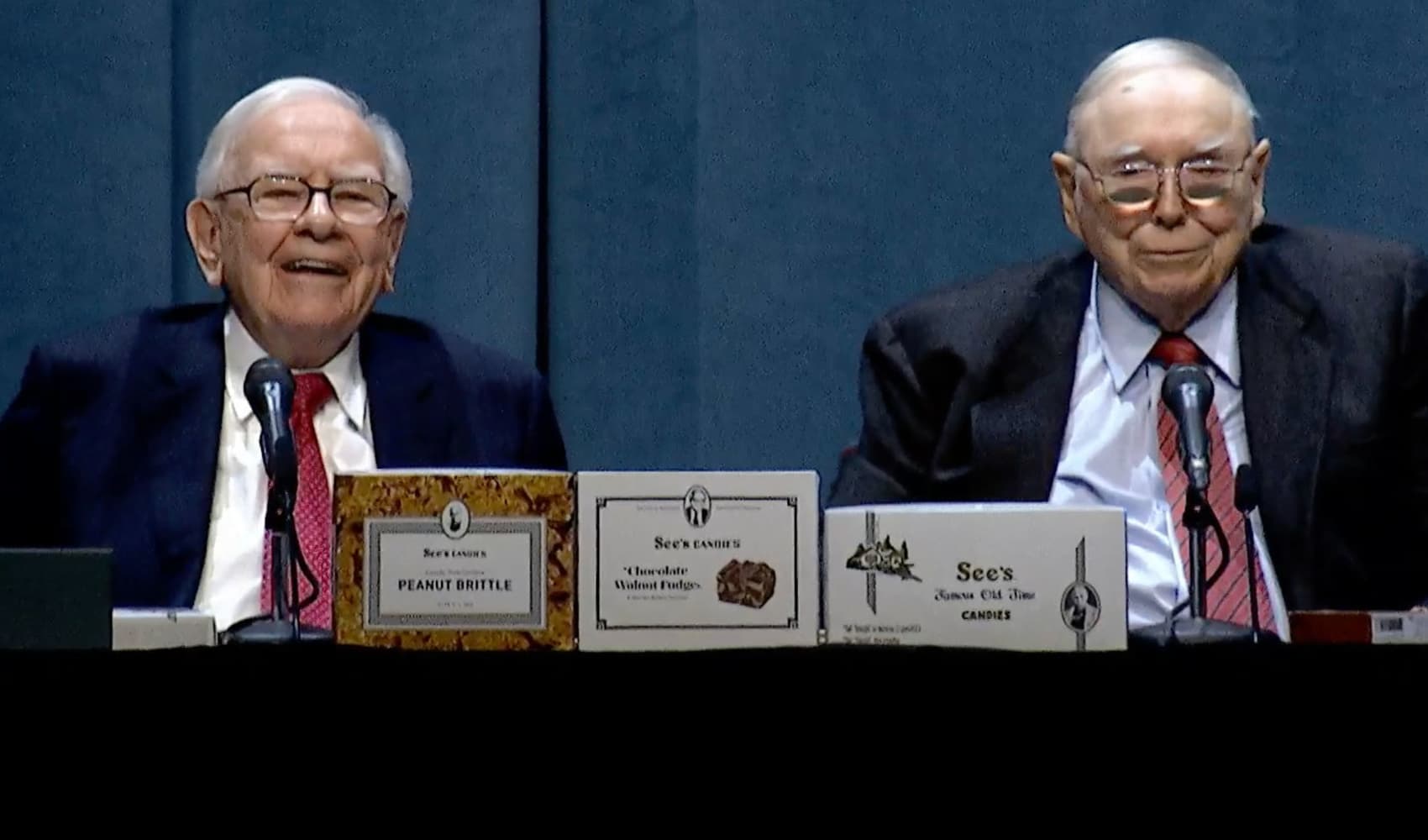
Just over 2 out of 5 younger women say their credit score isn't doing them any favors, with about half reporting that they have negative feelings when it comes to their current level of creditworthiness.
A significant number of younger women (ages 18 to 39) say their credit score brings feelings of shame, worry and anger, according to Credit Sesame's latest report on a survey of 5,000 U.S. adults around their credit scores.
In fact, nearly a third of these women have had a bad overall experience with credit. That's almost double that of Americans as a whole (18%), which seems to indicate there's a credit gender gap.
That's not surprising when you consider there's also a gender pay gap in the U.S. Last year, the median salary for men was about 19% higher than the median salary for similarly situated women, according to PayScale. Because women earn less than men, it makes it more likely that they need to rely on credit cards to make up the difference, says Bobbi Rebell, a personal finance expert and certified financial planner. This in turn, drives up their credit utilization and causes them to be seen as less creditworthy.
But while credit scores can be daunting, Rebell says it's essential that women don't let them define who they are. "It is important to remember that there are things you can control, and some things that you cannot control when it comes to your credit score," she says. For instance, a major part of your credit score is how long you've had credit. But there's no way to turn back the clock if you started using credit later in life. It is what it is.
"What you can do is be proactive about the things you can control, and to really understand how the score is put together," says Rebell, who hosts the Financial Grownup podcast.
Credit Sesame found that over half of women, 55%, say they were never taught the best ways to manage credit and about a quarter would give themselves a failing grade when it comes to their current understanding of credit scores.
Money Report
But Rebell says having all the information makes a huge difference. Many people, for example, think that the most important thing to do is to pay your bills in full. "While that is very important, on-time payments are actually even more important. Never miss a payment," Rebell says.
You can also try to improve your credit utilization, which is the ratio comparing the amount of money you have on your credit cards to the total amount of credit you have available. Ask your card issuer for a higher credit limit on your credit card. But the trick is not to use it, Rebell says. Having a higher limit and keeping your balance low will automatically improve your utilization rate.
And even if your current score is not where you want it at the moment, it's worth working toward raising it. About twice as many women as men surveyed by Credit Sesame have given up on improving their credit, deeming it a lost cause.
"Improving one's credit can be a frustrating and a long journey, but the benefits of having a higher score are well worth putting in the effort," Rebell says.
Poor credit scores can affect more than just your ability to get a loan or a mortgage. Credit Sesame's recent reports have found Americans say that low scores affect their housing, careers, mental health, relationships and even their ability to communicate.
For those looking to improve their score, Rebell says start by doing an honest self-audit about why your credit is lower than you would like, and then put together a plan to take specific steps to improve it.
"Focus on tangible things that you can control, like paying every bill on time, even if you can only pay the minimum," she says.
Check out: Black and Hispanic Americans often have lower credit scores—here’s why they’re hit harder
Don't miss: The best credit cards for building credit of 2021






